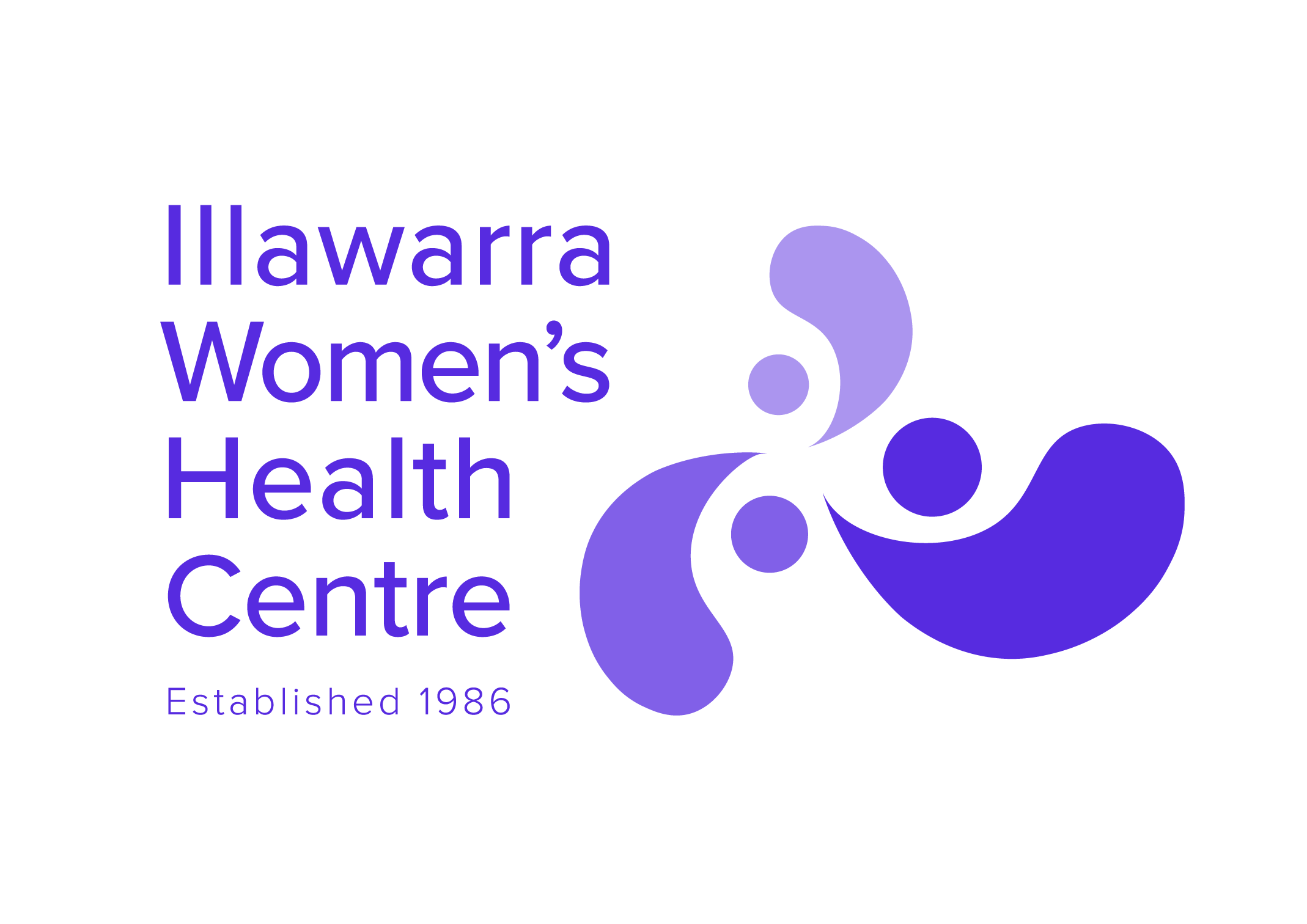Bowel cancer is a leading cause of cancer death in Australia among women, second only to lung cancer, yet statistics show not everyone is taking up the chance for a free bowel cancer screening.
The National Bowel Cancer Screening Program (NBCSP) invites eligible Australians to complete a simple, free home stool test (iFOBT) every two years.
Statistics from the program’s 2025 monitoring report show that between January 2021 and December 2022, only 42 per cent of women aged 50-74 invited to participate returned their kits, which is below the national target of 55 per cent.
“Bowel cancer is one of the most preventable cancers, yet it remains a leading cause of cancer death among women. Too many women are missing out on a simple, free screening test that could save their lives,” said Sally Stevenson, Executive Director of the Illawarra Women’s Health Centre.
“We encourage every woman who receives a kit or is eligible to request one to complete it and return it promptly. Early detection through screening gives women the best chance of beating this disease.”
Even when you have the kit, it’s easy to forget to do it. A simple trick is to have it next to your toilet – ready to use.
Who is Eligible, and What Can Women Do?
If you’re aged 50 to 74, you’ll receive a free iFOBT kit in the mail every two years.
If you’re aged 45 to 49, you became eligible to request a kit starting July 1 2024. Speak to your GP or register via the National Cancer Screening Register.
Once you receive a kit, follow the instructions and return it promptly. If your test is positive, contact your GP for a referral for a colonoscopy, ideally within 30 days.
Even if you feel healthy, bowel cancer can develop without symptoms. Some women may notice blood in the stool, changes in bowel habits, unexplained weight loss or fatigue. Women are advised not to ignore these signs and to consult their GP.
The Illawarra Women’s Health Centre’s nurse practitioner Editt Melgarejo can provide advice on bowel and bladder control, including what’s normal and what is not.
You can find out more here, or contact the Centre on 4243 9800.

